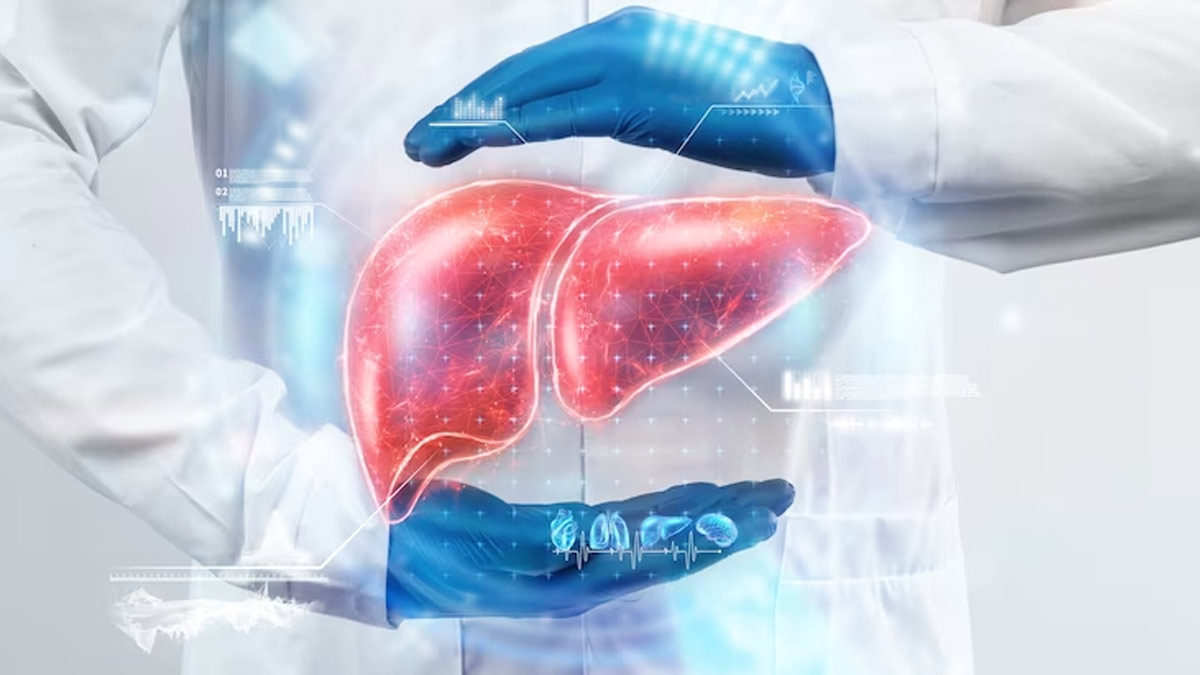
Alcoholic Fatty Liver Disease is a condition characterised by the accumulation of fat in the liver due to chronic and excessive alcohol consumption. It ranges from simple fatty liver to more severe liver damage, posing significant health risks, including liver inflammation and scarring. AFLD often develops without symptoms initially but can progress to more serious complications such as cirrhosis and liver failure.
Table of Content:-
Additionally, Alcoholic Fatty Liver Disease (AFLD) in women presents a concerning health issue that necessitates urgent attention to mitigate mortality risks associated with this condition. Therefore, it is imperative for women to adopt a proactive approach towards lifestyle modifications to be kind to their liver and reduce the risks associated with AFLD.

We spoke to our expert Dr Subhashish Das, Consultant - GI Oncology (Surgical), Max Super Speciality Hospital, Patparganj - Delhi to shed some light and he said, “One of the most critical steps in managing AFLD is reducing or eliminating alcohol intake. Even small amounts of alcohol can exacerbate liver damage, making abstinence or moderation crucial. By cutting back on alcohol consumption, women can significantly alleviate the burden on their liver and mitigate the progression of AFLD.”
Also Read: Struggling with Hair Fall as the Seasons Transition? Here's How Aprajita Tea Comes to Your Rescue
Role of Healthy Diet in AFLD Management
Moreover, adopting a healthy diet plays a pivotal role in supporting liver health and preventing further damage. A diet rich in fruits, vegetables, whole grains, and lean proteins provides essential nutrients and antioxidants that help combat inflammation and oxidative stress in the liver. Incorporating foods high in antioxidants, such as berries, spinach, and nuts, as well as omega-3 fatty acids found in fatty fish like salmon and mackerel, can offer protective benefits to the liver and aid in managing AFLD.

Role of Physical Activity in AFLD Management
Regular physical activity is another key component in the management of AFLD. Engaging in regular exercise not only helps in managing body weight but also assists in reducing liver fat accumulation and lowering the risk of progression to more severe liver diseases, such as cirrhosis. Incorporating a combination of aerobic exercises, such as walking, jogging, or cycling, along with strength training exercises, can promote overall liver health and improve metabolic function.
Also Read: Don't Toss Away Your Expired Makeup Just Yet: Secrets of Shelf Life & Skin Safety Unveiled
Check-ups and Liver Health Monitoring
Additionally, regular medical check-ups and liver health monitoring are essential for early detection and management of AFLD. Women should prioritise routine screenings and consultations with healthcare professionals to assess their liver health and monitor for any signs of liver damage or dysfunction. Early intervention and treatment can significantly improve outcomes and reduce the risk of complications associated with AFLD.
A Final Word
“Women can take proactive steps to reduce their mortality risks from AFLD by making informed lifestyle choices and prioritising their health. By reducing or eliminating alcohol consumption, adopting a healthy diet, engaging in regular physical activity, and seeking timely medical advice, women can support liver health and reduce the burden of AFLD. Ultimately, these measures not only benefit liver health but also contribute to overall well-being and longevity. By taking care of their liver, women can empower themselves to lead healthier, happier lives,” Dr Das concluded.
Also watch this video
How we keep this article up to date:
We work with experts and keep a close eye on the latest in health and wellness. Whenever there is a new research or helpful information, we update our articles with accurate and useful advice.
Current Version